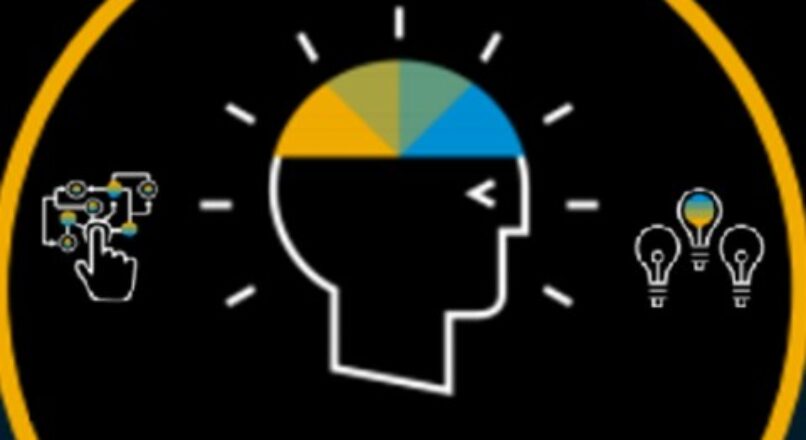
Gerenciamento de Projetos em SAP Data Science Machine Learning

Preço: $94.99
Em 2012, Harvard Business Review named data science the “sexiest job of the 21st century.” Why are data scientists in such demand these days? The answer is that over the past decade, there has been an explosion in the data generated and retained by companies, and they need to leverage and exploit it. Data scientists are the people who make sense out of all this data and figure out just what can be done with it.
If you’re interested in learning about data science, this course will introduce you to the fundamentals of data preparation, predictive modeling, ciência de dados, and the deployment and maintenance of models in a business environment following a tried and tested project methodology.
In the first week, we’ll cover the fundamental challenges of business problem understanding and identifying the appropriate analytical approach. In the second week, we’ll cover data preparation, selecting variables, and data encoding. Weeks three and four will introduce you to a wide range of algorithms such as decision trees, regressão, neural networks, basket analysis, and simulation. Week five explains how we evaluate the performance of our models and the approaches we take to improve them. In week 6, you’ll learn about model deployment and maintenance, and we’ll debunk some common myths.
Data science is a complex subject to understand, but in this course you’ll learn about the fundamental principles, look at how the algorithms can add value to your business, and we’ll demystify the complex processes. You don’t have to be a rocket scientist to be a data scientist.
Conteúdo do curso
Unidade # 1: O negócio & Data Understanding
-
Introduction to data Science.
-
Introduction to Project Methodology
-
Business Understating Phase – Visão geral
-
Define Project Success Criteria
-
Data Understanding phase – Visão geral
-
Initial Data Analysis & Análise exploratória de dados
Unidade # 2: Visão Geral do Gerenciamento de Desempenho no Oracle
Unidade # 3: Modeling (1)
Unidade # 4: Modeling (2)
Unidade # 5: Avaliação
Unidade # 6: Desdobramento, desenvolvimento & Manutenção
Unidade # 7: em cada tópico explicando cada conceito completamente com exemplos
Público-alvo
Anybody with a basic understanding of data, análise de dados, and simple mathematics.





Deixe uma resposta
Você deve Conecte-se ou registro para adicionar um novo comentário .